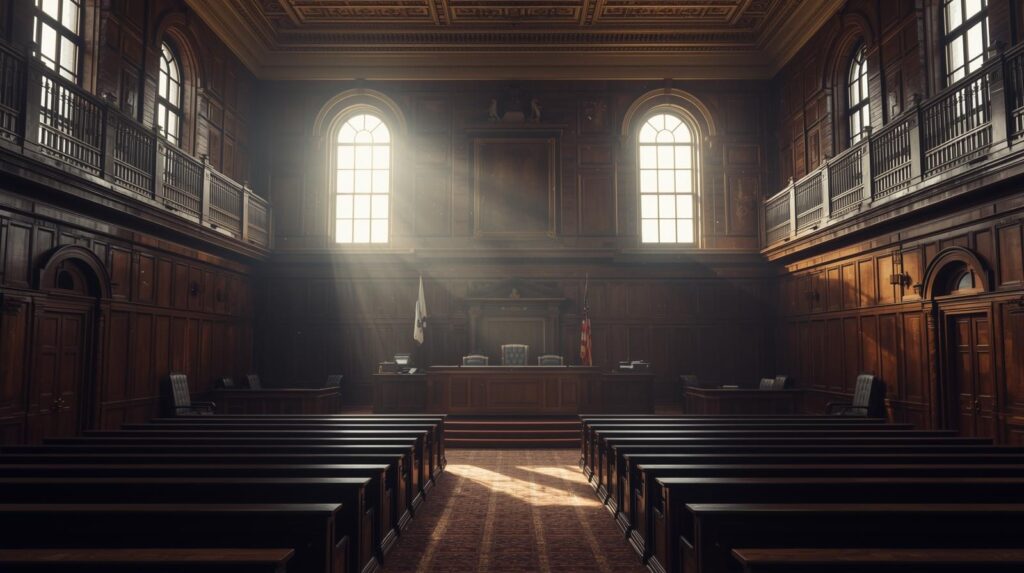Short answer: No—Dubai does not use jury trials. Judges decide guilt and sentence, from start to finish.
Why This Matters (and why people get it wrong)
If you’re coming from the US, UK, or another common-law country, you probably expect “a jury of your peers.” But Dubai’s system is different. It follows a civil-law framework influenced by Sharia, where professional judges handle fact-finding and verdicts. Even in Dubai’s English-language DIFC Courts—familiar territory for international businesses—there are no juries, and those courts don’t hear criminal cases anyway.
I hear this question a lot from expats and business owners: “If something goes wrong, who actually decides my case?” Let’s walk through it clearly.
How Criminal Cases Move Through Dubai Courts
Here’s the typical path a criminal matter takes in Dubai—from complaint to final judgment. (Notice what’s missing: jurors.)
- Complaint & Investigation
It starts with a police report. Dubai Police collect statements, gather evidence, and, if there’s enough to proceed, refer the file to the Public Prosecution. - Public Prosecution Review
Prosecutors question the accused, assess the file, and decide whether to file charges. They can detain, release on bail, or dismiss the case. They also represent the state in court. - Trial (Before Judges, Not Jurors)
Hearings take place in Arabic before a panel of one to three judges (and sometimes more in higher courts). The prosecution presents its case; the defense cross-examines, calls witnesses, and files motions. The judges determine both guilt and sentence—no jury is ever empaneled. - Judgment & Sentencing
The court issues a written verdict grounded in the evidence and law. Penalties range from fines and imprisonment to deportation; in severe cases, corporal or capital punishment can apply under UAE law. Offenses are categorized as contraventions, misdemeanors, and felonies. - Appeals & Cassation
Either side can appeal to the Court of Appeal and ultimately to the Court of Cassation (Dubai’s highest court). Appellate courts can review and adjust both verdicts and sentences.
Bottom line: At every stage, trained judges—not lay citizens—control the process.
Why Dubai Doesn’t Use Juries
This isn’t an oversight; it’s a design choice rooted in legal tradition. In civil-law systems influenced by Sharia, the emphasis is on judicial expertise, consistency, and statutory interpretation. The idea is that career judges are best placed to apply the law predictably across cases. That’s different from common-law countries, where juries decide facts and judges instruct on the law.
And the special “common-law style” DIFC Courts? They only handle civil and commercial disputes (often with international parties) and still don’t use juries.
What This Means for You (Practical Takeaways)
If you live, work, or do business in Dubai, plan around a judge-led criminal process. Here’s how to adapt:
- Build your case for judges.
Judges read deeply. Organize evidence, timelines, contracts, and expert reports with clarity. Think structured submissions over drama. - Leverage procedural rights.
You (through counsel) can cross-examine, present witnesses, and file motions. Use those rights to highlight gaps or inconsistencies—precisely and efficiently. - Expect written reasoning.
Judgments are issued with legal reasoning. That helps on appeal—but it also means your filings should make the court’s reasoning easy to adopt. - Know the offense category.
Strategy changes depending on whether the charge is a contravention, misdemeanor, or felony—because penalties, evidential thresholds, and court composition can differ. - Consider reconciliation where allowed.
For some lesser or unintentional offenses, settlement or reconciliation (including compensation like diya) can reduce penalties or even end proceedings. It’s not available for serious crimes (e.g., terrorism, intentional murder, major corruption, drug trafficking). - Plan for appeals.
If the verdict is adverse, you do have two more rungs to challenge it—Appeal and Cassation. Preserve issues early to keep your appellate options open.
Quick FAQ
Do any courts in Dubai ever use juries?
No. Not the criminal courts, and not the DIFC Courts (which are civil/commercial only).
Who decides guilt and sentence?
A panel of professional judges—typically one to three in the first instance—handles both.
Is there room for settlement?
Sometimes, for minor or unintentional offenses, through reconciliation or compensation. Not for serious crimes.
The Takeaway
If you were picturing a jury box in a Dubai courtroom, swap that image for a bench of career judges. That single change reshapes strategy, filings, and expectations. Prepare like a pro: clear evidence, tight arguments, and a plan that respects how judges—not jurors—evaluate a case. It’s different from what you might know, but once you align your approach, you’ll navigate the system with far more confidence.
Disclaimer: This article is for general information only and does not constitute legal advice. The author assumes no responsibility or liability for actions taken based on its contents. For advice on your specific situation, consult a qualified lawyer.
Call Lawyers at +971506531334 +971558018669
https://www.lawyersuae.com/
